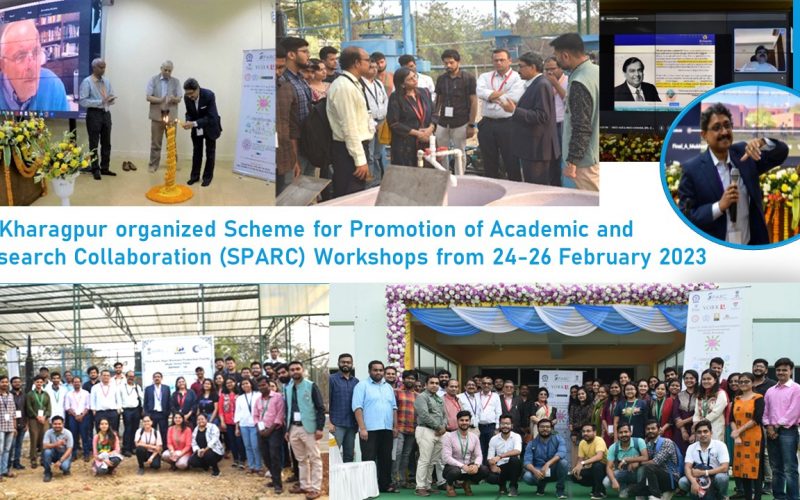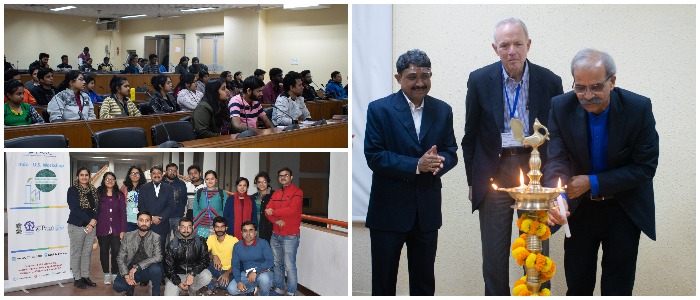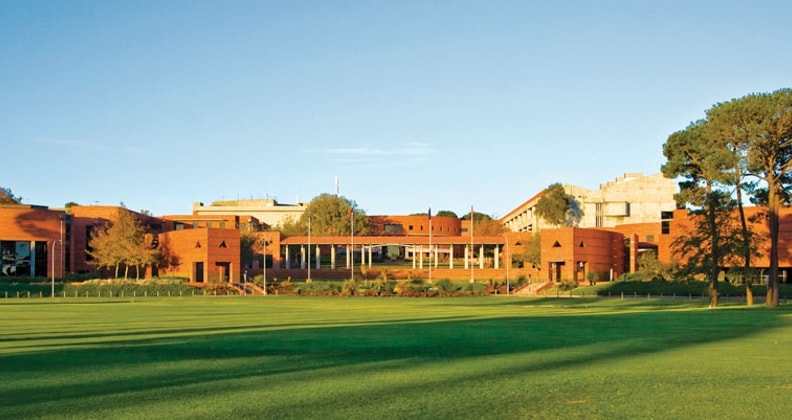
Sustainable Alternatives in Energy, Environment & Healthcare for Science & Society
INDO-US, INDO-AUSTRALIA AND INDO-CANADA INTERDISCIPLINARY WORKSHOPS AT IIT KHARAGPUR The Bioprocess & Bioproduct Development Laboratory of the Department of Biotechnology, IIT Kharagpur along with the collaborators from USA, Australia, and Canada organized three days workshop under the Government of India’s Scheme for Promotion of Academic and Research Collaboration (SPARC) from 24th to 26th February 2023. The workshops were inaugurated by Prof. Amit Patra, Deputy Director, IIT Kharagpur in the august presence of Dr. Prachi Kaul, Director, Shastri Indo-Canadian Institute and Prof. Saswat Chakrabarti, Dean BTBS, IIT Kharagpur. The workshop saw a footfall of more than 80 participants from both within…


